Joseph Powell
Co-PI (Core Leadership)
Garvan Institute of Medical Research
Joseph is the Director of the Translational Genomics at the Garvan Institute, and Director of the UNSW Cellular Genomics Futures Institute at the University of New South Wales in Sydney. He started his lab in 2018 at the Garvan Institute, following roles at the University of Queensland. He currently holds a National Health and Medical Research Council (NHMRC) Leadership Investigator Fellowship. He was awarded an NHMRC Research Excellence Award in 2016 and the 2017 Commonwealth Health Minister’s Medal for Excellence in Medical Research. His research is focused on understanding the functional mechanisms by which genetic variants contribute to disease susceptibility at a cellular level, and ultimately achieve therapeutic and diagnostic outcomes.
Teams
Themes
Tags





